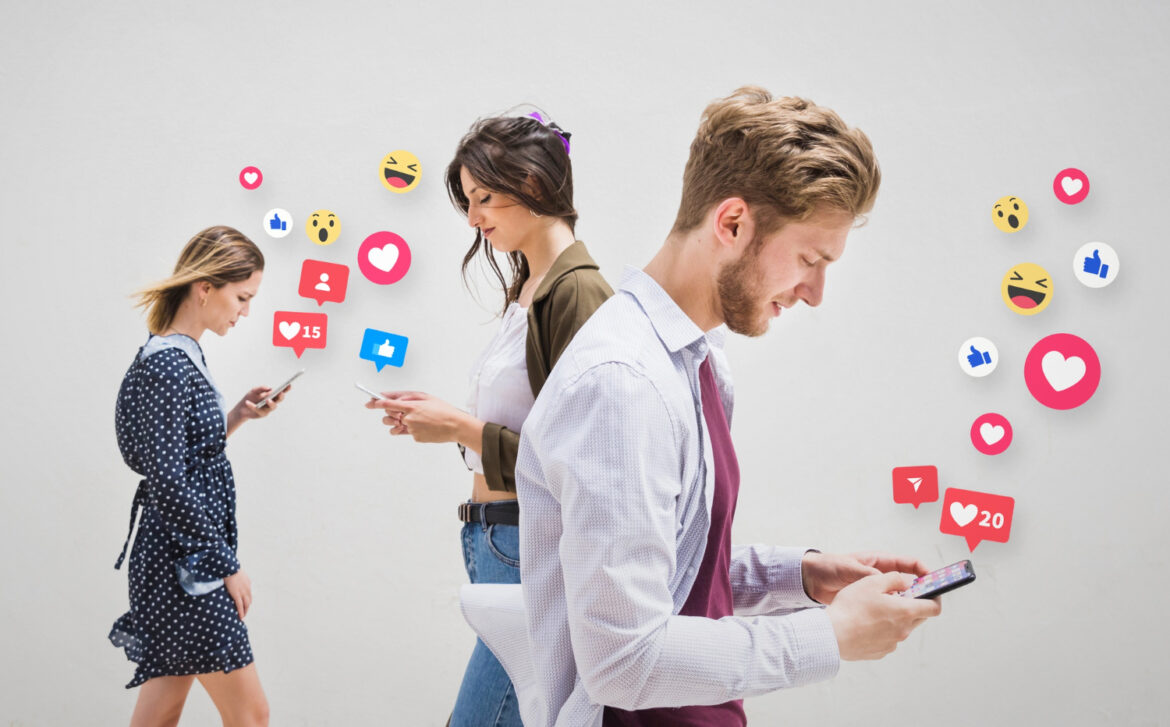“Social media can be a valuable tool for connection and support, but excessive use can have negative impacts on mental health. By setting boundaries, curating your feed, and prioritizing self-care, we can use social media in a way that supports our mental health and overall well-being.”
Social media has become an integral part of modern life. It has revolutionized the way we connect with each other, access information, and share our experiences. However, the impact of social media on mental health has become a subject of increasing concern in recent years. Studies have shown that excessive social media use can lead to feelings of anxiety, depression, and low self-esteem. In this blog post, we will explore the impact of social media on mental health and provide practical tips for managing its effects.
The Impact of Social Media on Mental Health Social media has both positive and negative effects on mental health. On one hand, it can be a valuable tool for social connection and support. It allows people to stay in touch with friends and family, meet new people, and build communities around shared interests. Social media also provides a platform for people to share their experiences, express themselves creatively, and raise awareness about important issues.
On the other hand, social media can also have negative effects on mental health. Research has found that excessive social media use can lead to feelings of loneliness, isolation, and low self-esteem. It can also contribute to anxiety, depression, and other mental health problems. Here are some of the ways in which social media can impact mental health:
-
Social comparison:
Social media can make it easy to compare ourselves to others. We see curated versions of other people’s lives, which can create unrealistic expectations and make us feel inadequate in comparison.
-
Cyberbullying:
Social media can provide a platform for bullying and harassment. Cyberbullying can have serious effects on mental health, including anxiety, depression, and even suicide.
-
Addiction:
Social media can be addictive, and excessive use can lead to negative consequences such as poor sleep, low mood, and decreased productivity.
-
Fear of missing out (FOMO):
Social media can create a fear of missing out on events or experiences, which can contribute to anxiety and stress.
-
Political polarization:
Social media can contribute to political polarization and reinforce our existing beliefs, which can lead to feelings of anger, frustration, and hopelessness.
Managing the Impact of Social Media on Mental Health While social media can have negative effects on mental health, there are steps you can take to manage its impact. Here are some tips for using social media in a way that supports mental health:
-
Set boundaries:
Set limits on your social media use. Decide when, where, and how often you will use social media, and stick to these boundaries.
-
Curate your feed:
Unfollow or mute accounts that make you feel bad about yourself or contribute to negative feelings. Follow accounts that inspire and uplift you.
-
Take breaks:
Take regular breaks from social media. Schedule social media-free periods during the day or take a break from social media for a day or two each week.
-
Connect in real life:
Prioritize face-to-face connections with friends and family. Make time for in-person social activities and prioritize quality time with loved ones.
-
Practice self-care:
Engage in self-care activities that support mental health, such as exercise, meditation, and spending time in nature. Make time for hobbies and interests that bring you joy and fulfillment.
-
Seek support:
If you’re struggling with mental health issues related to social media, seek support from a mental health professional or support group.
Conclusion Social media has become an important part of modern life, but it can have negative effects on mental health. By setting boundaries, curating your feed, taking breaks, connecting in real life, practicing self-care, and seeking support, you can manage the impact of social media on your mental health and use it in a way that supports your overall well-being.
Image by Freepik
